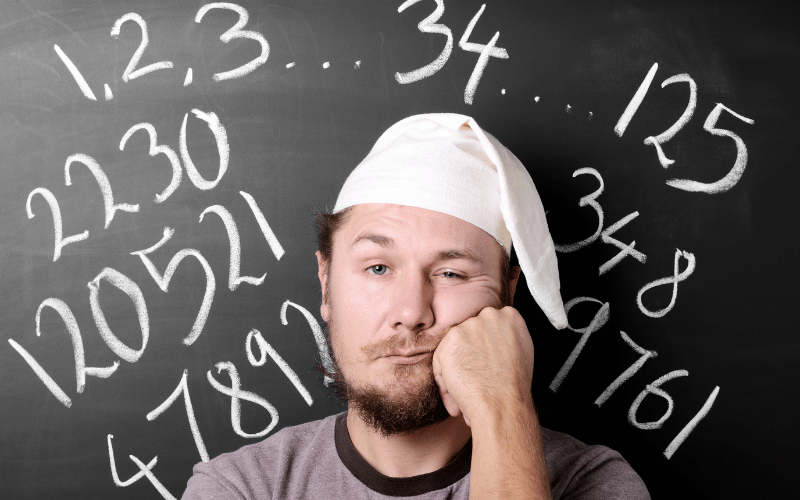Strategy 3: Lifestyle Changes and Sleep Hygiene

Habits, often overlooked in the hustle and bustle of our daily lives, play a monumental role in our overall well-being. Each day, from the moment we wake to when we retire for the night, we’re governed by habits—both good and bad. For those grappling with insomnia, it’s these very habits that might be sabotaging their sleep. Sleep hygiene isn’t about revolutionary changes, but more about fine-tuning our daily rituals. By establishing a consistent sleep-wake cycle, ensuring the bedroom environment is conducive to rest, and being mindful of our pre-bedtime activities, we set the stage for quality sleep.
What we consume directly affects our sleep patterns. The age-old adage “You are what you eat” holds water here. For instance, caffeine—a stimulant found in coffee, certain teas, and chocolates—can remain in the system for hours, making it harder for one to fall asleep. Similarly, while alcohol might induce drowsiness initially, it disrupts the sleep cycle later in the night. On the flip side, certain foods can be allies in our pursuit of sleep. Foods rich in tryptophan—a precursor to the sleep-regulating hormone melatonin—like turkey, bananas, and nuts can be beneficial. Moreover, it’s not just about what we eat but when we eat. Having a large, spicy, or acidic meal right before bedtime can cause discomfort due to heartburn, making sleep elusive.
Exercise, often hailed for its myriad health benefits, is a double-edged sword when it comes to sleep. Regular physical activity, especially aerobic exercises like walking and swimming, can enhance the duration and quality of sleep by boosting the production of serotonin in the brain and decreasing levels of cortisol, the stress hormone. However, timing is everything. While morning to early evening workouts can be beneficial, late-night high-intensity workouts can infuse the body with a surge of adrenaline, making sleep a challenge. It’s not just about rigorous workouts; even simple practices like daily walks, stretching, or yoga can have a profound impact on sleep.
Living in a digital age has its pros and cons. While technology has undoubtedly made our lives easier, it’s also intruding into our bedrooms, impacting our sleep. Electronic devices like smartphones, tablets, and computers emit blue light, which tricks our brain into thinking it’s still daytime. This suppresses the natural production of melatonin, delaying sleep onset. Beyond the blue light, the constant barrage of information and the urge to scroll “just one more time” can keep the mind engaged, making it harder to wind down. However, with a little discipline, such as implementing a digital curfew an hour before bed, using apps that filter out blue light, or opting for night modes on devices, one can mitigate these effects.
A nightly ritual is more than just a series of actions; it’s a signal to the body and mind that it’s time to wind down. Humans are creatures of habit. By repeating certain activities in a specific sequence every night, we can create powerful associations in our brain. This could be as simple as reading a chapter of a book, practicing deep breathing exercises, or indulging in some herbal tea. Over time, these activities, when practiced consistently, act as cues, preparing the body and mind for sleep. (3)